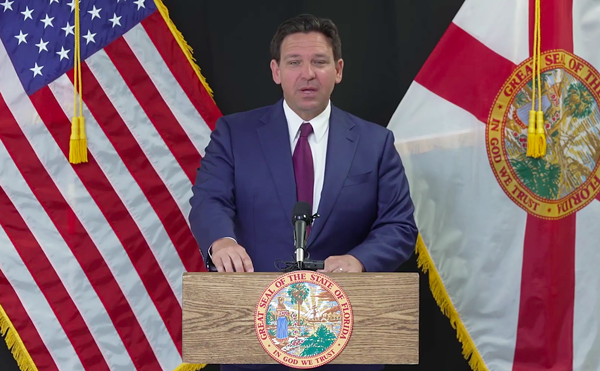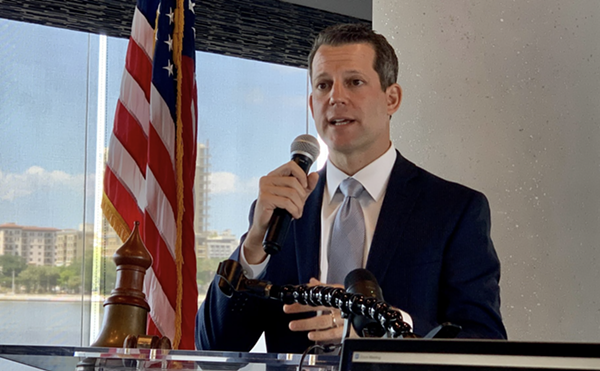Last month, Governor Rick Scott signed Florida's first ever bill dealing with distracted driving. The bill states that it's a secondary offense for a motorist to read or send a text, email or instant message on a phone while driving. Critics said the bill is way too weak on several fronts, but bill sponsor Nancy Detert (R-Sarasota) and other advocates said it's better than nothing. Florida has now joined 40 other states around the nation that have enacted laws against texting while driving.
A total of 11 states — like California and New York — go much further, completely banning the use of handheld cellphones while driving. But a new study out today, which measured the impact of cognitive (or mental) distractions while driving, by the AAA Foundation for Traffic Safety states that voice-activated, in-car technologies are still a dangerous distraction for motorists.
"There is a looming public safety crisis ahead with the future proliferation of these in-vehicle technologies," said AAA President and CEO Robert L. Darbelnet. "It's time to consider limiting new and potentially dangerous mental distractions built into cars, particularly with the common public misperception that hands-free means risk-free."














